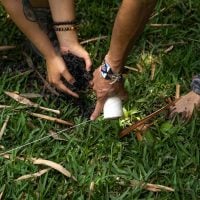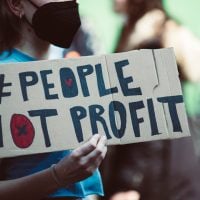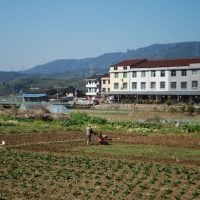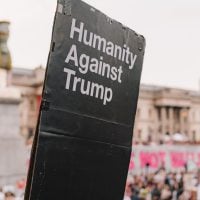Deadline: 12-Aug-2025
The World Food Programme (WFP) has launched a call for expressions of interest for organisations to implement emergency food and nutrition assistance projects targeting migrant and refugee populations in transit and stay within Metropolitan Lima.
The proposal must be submitted in two phases considering the following results: Phase I: 2,450 families, Phase II: 2,450 families, Total: 4,900 families. Furthermore, the activities will be implemented in accordance with the country’s current regulations, complying with global assurance standards and within the framework of the following WFP policies: Protection and Accountability Policy, Policy on the Prevention of Sexual Exploitation and Abuse, Anti-Fraud Policy, and Gender Equality Policy.
This phase of the project focuses on refugee and migrant populations residing in Lima as well as host communities experiencing food vulnerability. WFP defines these groups as migrant and refugee households established in Peru, prioritising newly arrived households with critical vulnerability profiles, and Peruvian households that meet the same vulnerability criteria and support Venezuelan families through food assistance or shelter.
Priority is given to “newly arrived” households, defined as those who arrived within the last 24 months, as they often face greater challenges in accessing livelihoods, support networks, and basic services. The project targets areas with high concentrations of refugee and migrant populations, specifically Callao, Lima Sur, Lima Centro, and Lima Este, including the districts of Ate and Santa Anita.
Selected households in these priority areas will receive monetary transfers to address their basic food needs. Initial registration and the first transfer are expected to take place by December 2025. Based on the outcome of targeting and the execution of the first three transfers, WFP will determine eligibility for up to three additional transfers.
The intervention aims to ensure efficient resource use by focusing geographically, aligning with ongoing monitoring and existing projects. Activities will adhere to national regulations and WFP’s core policies, including protection, gender equality, and anti-fraud standards.
For more information, visit UN Partner Portal.









































